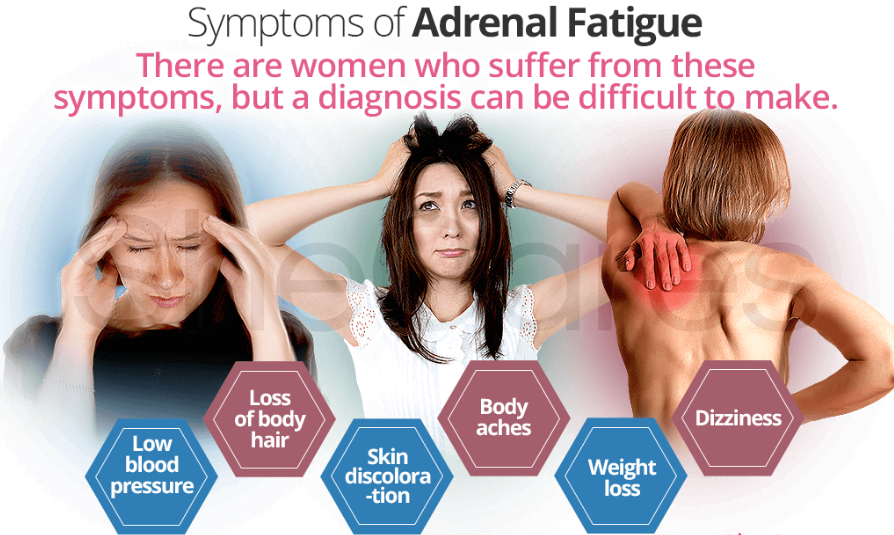
Adrenal fatigue is a term often used to describe a collection of symptoms, such as chronic tiredness, body aches, and difficulty coping with stress, which are believed to be caused by the adrenal glands not functioning properly. The adrenal glands produce hormones like cortisol, which help the body respond to stress.
Proponents of the adrenal fatigue theory suggest that prolonged stress leads to the overuse and eventual exhaustion of the adrenal glands, resulting in a suboptimal hormonal response.
However, adrenal fatigue is not recognized as an official medical diagnosis. Most medical professionals, including endocrinologists, view it as a myth, as there is little scientific evidence supporting the idea that stress can cause the adrenal glands to become “fatigued.”
Conditions such as adrenal insufficiency (e.g., Addison’s disease), where the adrenal glands cannot produce adequate amounts of certain hormones, are well-established but different from the concept of adrenal fatigue.
People experiencing symptoms often associated with adrenal fatigue may actually be suffering from other conditions, such as sleep disorders, depression, anxiety, or thyroid dysfunction, which should be evaluated by a healthcare professional.
About the author
Dennis Roberts is a personal coach, small business mentor and founder of CoachPRO – The Coaching Professionals. His work has won critical acclaim in both the academic and business communities.
Visit www.dennisroberts.com.au
#dennisroberts #coachpro #executivecoaching #lifecoaching #careertransition
